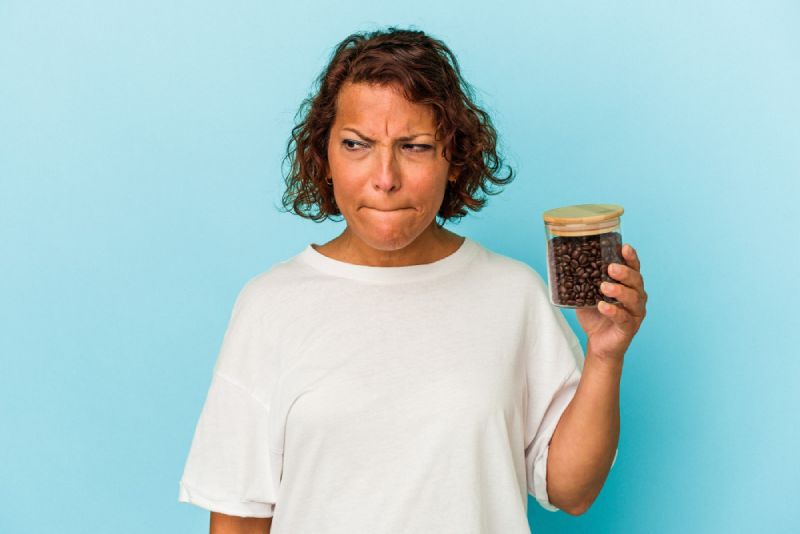Coffee, beloved worldwide for its rich aroma and stimulating properties, is often the subject of queries regarding its shelf life. Many wonder: Can coffee go off? To answer succinctly, coffee doesn’t exactly “go bad” or spoil in the way that dairy or meat does. It is, however, susceptible to flavor degradation over time. To understand this phenomenon, one must first delve into the details of coffee composition and its relationship with expiration.
Is it OK to Drink Expired Coffee?
The concept of “expired” coffee can be misleading. Coffee beans, whether in whole or ground form, don’t typically come with an expiration date, but rather a “best before” date. What does this mean? Simply put, the coffee is considered to be at its peak flavor before this date. Drinking coffee beyond this period does not pose a health risk, given that it has been properly stored. The only significant change you would note is the decline in flavor quality, rendering the coffee less enjoyable.
Flavor Quality vs Health Risk
“Coffee quality diminishes over time, but it is still safe to drink.”
It’s important to underscore the difference between diminished flavor quality and health risk. Drinking expired coffee won’t make you sick or cause any significant health issues, as long as it has been stored correctly and no mold or other contaminants have been introduced.
How do you know if Coffee has gone Bad?
Even though coffee doesn’t spoil in the traditional sense, it can become unfit for consumption if not handled or stored correctly. If your coffee beans or grounds develop a moldy appearance or an off smell, discard them. Similarly, brewed coffee left at room temperature for extended periods can harbor bacteria and should not be consumed.
How Long Can You Keep Coffee?
The shelf life of coffee depends on several factors, such as the form of the coffee (whole beans or ground), packaging, and storage conditions.
- Whole Beans: Properly stored, whole coffee beans will stay at best quality for about 2 to 3 weeks after opening, but will stay safe to consume indefinitely if they remain dry and uncontaminated.
- Ground Coffee: Once opened, ground coffee will stay at best quality for 1 to 2 weeks, but will remain safe to consume indefinitely under the same storage conditions.
Can you Drink 2 Year Old Coffee?
You can safely drink 2-year-old coffee if it has been properly stored. However, expect the flavor profile to be noticeably less vibrant. Over time, coffee loses its volatile aromatic compounds that contribute to its flavor, leading to a flat and uninspiring taste.
Can Expired Coffee Upset Your Stomach?
While it’s not common, drinking stale or improperly stored coffee can potentially cause stomach upset. This is more likely due to contamination (such as mold growth) rather than the coffee’s age. If you notice any signs of spoilage, it’s best to err on the side of caution and discard the coffee.
Is Coffee Still Good After 4 Years?
From a safety perspective, coffee can last several years, even up to four, without posing any health risks, given appropriate storage conditions. However, the flavor quality will have significantly diminished by this point, and the resulting brew will likely be disappointing.
Does Coffee Expire If It Hasn’t Been Opened?
Unopened coffee, whether whole bean or ground, can last several months to a year without losing significant flavor quality, depending on the packaging. Vacuum-sealed packages can extend this time period due to reduced exposure to oxygen, which hastens the staling process. Nevertheless, the “best before” date is a good indicator of when the coffee will be at its prime.
Are 5 Year Old Coffee Beans Still Good?
Assuming optimal storage conditions, 5-year-old coffee beans won’t pose a health risk, but will likely produce a lackluster brew. Coffee enthusiasts would advise against it, as the significant loss in flavor quality will deprive you of the coffee’s true potential.
In conclusion, the concept of coffee “going off” is more about flavor quality than safety. If properly stored, coffee can be consumed well beyond its “best before” date, although the sensory experience will be considerably less satisfying. Understanding the nuances of coffee’s relationship with time helps ensure not just a safe, but also a delightful coffee experience.



